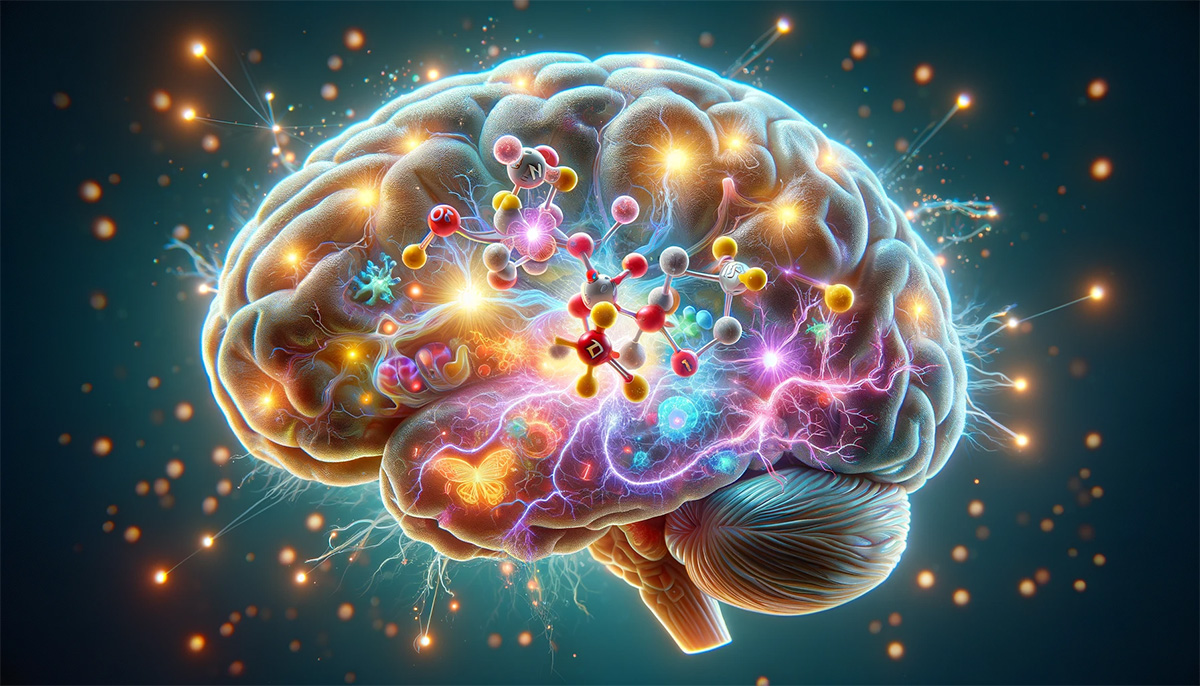Overview of Modafinil’s Mechanism of Action
Modafinil, a wake-promoting agent, has been widely used for treating various sleep disorders and is currently being explored for other potential uses. Despite its extensive application, the primary mechanism of action of Modafinil remains somewhat elusive. Significant research has provided valuable insights into its mechanisms.
Modafinil’s Interaction with Neurotransmitters
Modafinil’s wake-promoting mechanism primarily involves its interaction with several neurotransmitter systems in the brain. It stimulates histamine (HA), norepinephrine (NE), serotonin (5-HT), dopamine (DA), and orexin systems. Notably, Modafinil is a weak inhibitor of dopamine reuptake, which may be its primary clinically significant property. This interaction with the dopamine system is particularly interesting, as it differs from traditional psychostimulants like amphetamines, which have a more direct dopaminergic effect.
Neuroprotective and Cognitive Effects
Apart from its wake-promoting effects, Modafinil has shown antioxidative and neuroprotective effects. These properties suggest that Modafinil may have a broader range of action, potentially opposing both sleep induction and cellular damage. Its cognitive-enhancing effects are also noteworthy, making it a potential therapeutic agent in treating stimulant addiction and other cognitive impairments.
Pharmacokinetics and Metabolism
Modafinil is well-absorbed after oral administration and undergoes hepatic metabolism primarily via CYP3A4. It is excreted in the urine mostly in the form of metabolites. The drug’s half-life is approximately 12 to 15 hours, indicating its prolonged effect on the body.
Clinical Applications and Safety
Modafinil is FDA-approved for treating narcolepsy, sleep work shift disorder, and obstructive sleep apnea. It also has several off-label uses, including treatment for ADHD, depression, and substance abuse disorders. While generally well-tolerated, Modafinil can cause side effects like headache, nausea, and anxiety, and its use is contraindicated in certain conditions like hypersensitivity or severe hepatic impairment.
Conclusion
Modafinil’s mechanism of action is complex and involves multiple neurotransmitter systems, primarily affecting dopamine reuptake. Its neuroprotective and cognitive-enhancing effects broaden its therapeutic potential beyond sleep disorders. Understanding its pharmacokinetics and safety profile is crucial for its effective and safe application in various clinical settings.








